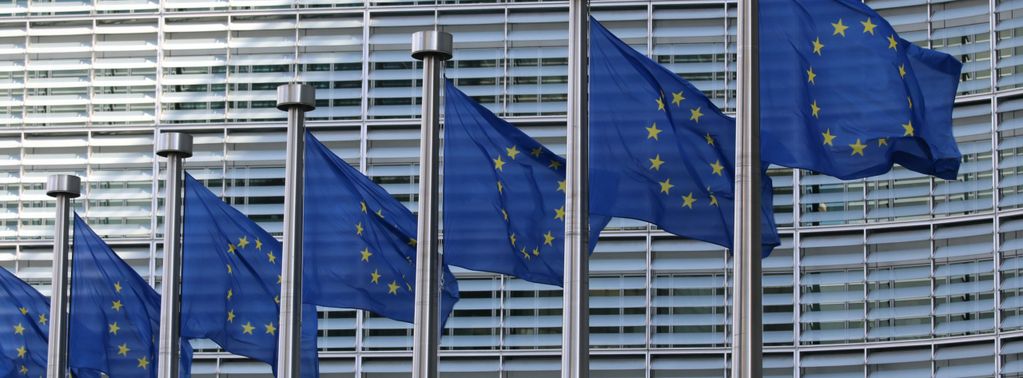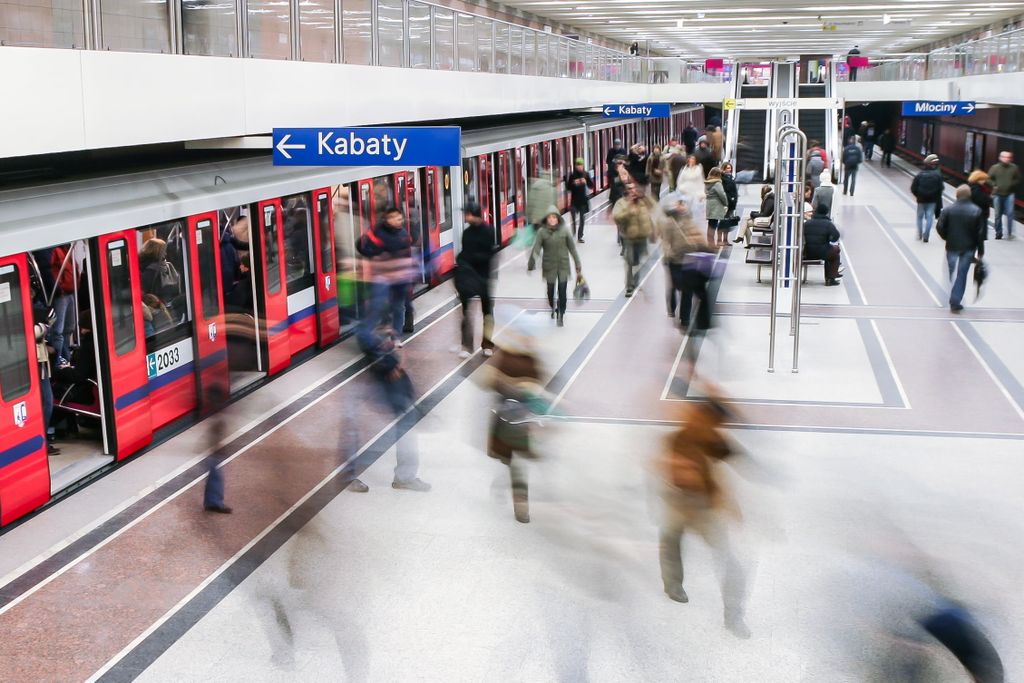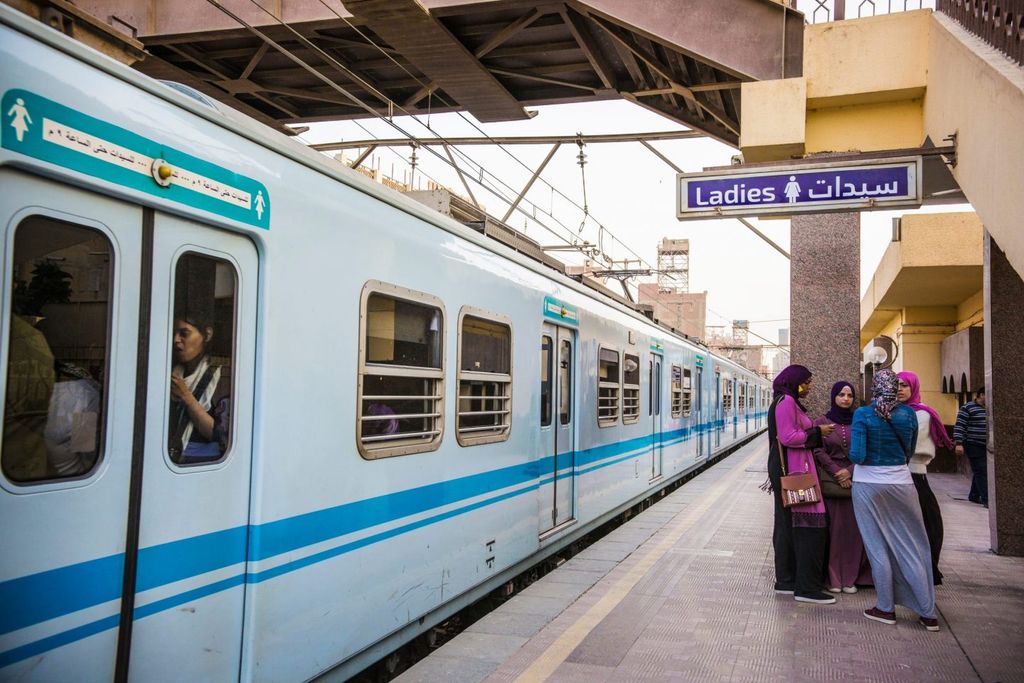
Joint Open Letter: Public transport as the backbone of sustainable urban mobility
European public transport sector calls for strong support for public transport
In an open letter addressed to the EU Institutions, EMTA, EPTO, Eurocities, IRU, POLIS and UITP argue that the indispensable role of public transport in shaping sustainable urban mobility deserves special attention during the next legislative term.
Read the pdf or continue reading below
Public transport is a vital part of urban mobility in Europe, moving more than 50 billion passengers per year. It is the most sustainable, efficient, inclusive, democratic, and dependable mass-transit option for daily mobility and gives citizens access to jobs, education, care and culture. Collective transport is at the core of liveable and people-centred cities with cleaner air, less congestion, less noise, and more green spaces. For these reasons, most, if not all, European cities want to increase the patronage of public transport.
Public transport also plays an important role for Europe’s economy. Investments into public transport create a broader economic benefit, especially locally and in the region. Most transport companies are among the largest employers at the local level, employing staff from various professional and cultural backgrounds. Europe can proudly present some true champions both in the rolling stock industry and amongst public service operators, being home to many public and private companies whose know-how is recognised worldwide.
In a post-Covid environment, the public transport sector continues to deliver high-quality and safe passenger services with continued innovation and improved customer service. Whilst the vehicle technology continues to make rapid progress towards zero-emission mobility and carbon neutrality, the service operators are faced with increased purchase and operating costs for these technologies and the related infrastructure. The service the customer receives has improved dramatically through increased use of information technology, with journey planners, real-time monitoring and multi-journey ticketing now commonplace; these technologies also have a cost implication. Last but not least, public transport is a human resources intensive business, and the current and future staff shortage is putting the modal shift ambitions at risk.
Looking at the legislative term 2024-2029 and the future Multi-Annual Financial Framework, the authors of this letter see a strong need for a renewed focus on the fundamental role of local public transport both for the daily mobility of citizens, but also to achieve Europe’s economic, social and sustainability goals.
We appreciate the work done by the European Commission’s Expert Group on Urban Mobility (EGUM)[1], and while each association provides individual input to the European institutions[2], we jointly call upon the European Commission, Council of the EU, and European Parliament to provide strong political and financial support to the public transport sector.
We suggest the following initiatives during the legislative term 2024-2029:
- Public transport should be recognized for having strategic importance in all urban initiatives of the European institutions. The EU’s policies should support the development of an attractive and cost-efficient public transport sector while avoiding counteracting policies.
- The EU institutions should publish a European Declaration on Public Transport (similar to the European Declaration on Cycling), highlighting the multiple positive externalities of the public transport sector and recommending best practices and support actions.
- A good and structured coordination between the various services of the European institutions and cities, regions, organizing authorities, and public transport stakeholders would be welcomed to ensure that the European policies provide a coherent framework for urban mobility that is mindful of the sector’s specificities.
- The EU and Member States should provide sufficient funding for new technologies (zero-emission vehicles including their infrastructure; digitalization of mass transit), as well as infrastructure and network projects (e.g. new rail links, urban rail projects, bus prioritization and bus rapid transit systems). This must be anchored in the next Multi-Annual Financial Framework. Whenever possible, new revenue (e.g. from road charges, polluter pays mechanisms, the Emission Trading System (ETS), and the Social Climate Fund) should be earmarked fully or partially for the development of the public transport offer. More generally, a revised approach to investment appraisal based on the wider economic, social, and environmental benefits of services and sectors would be welcomed.
There are 112 European cities within the EU’s Climate Neutral Cities mission with the goal to achieve climate neutrality in 2030. These are supported by thousands of other cities and public authorities subscribing to the climate objectives of the Covenant of Mayors.
Without further modal shift at local level, Europe’s climate goals cannot be reached.
To this end, public transport must be supported and funded at all political levels, including the European level, to facilitate growth and deliver on the modal shift ambitions of cities and regions, bringing mobility, equality, and better quality of life to all European citizens, including future generations.
The letter has been signed by: Alexandre Santacreu, Secretary General, EMTA, John Gilbert, Secretary General, EPTO, André Sobczak, Secretary General, Eurocities, Raluca Marian, Director EU Advocacy, IRU, Karen Vancluysen, POLIS Secretary-General, Mohamed Mezghani, Secretary General, UITP

Contact
UITP

Annika DEGEN
Deputy Director - Senior Policy Expert Digitalisation - Seconded by VDV[email protected]












